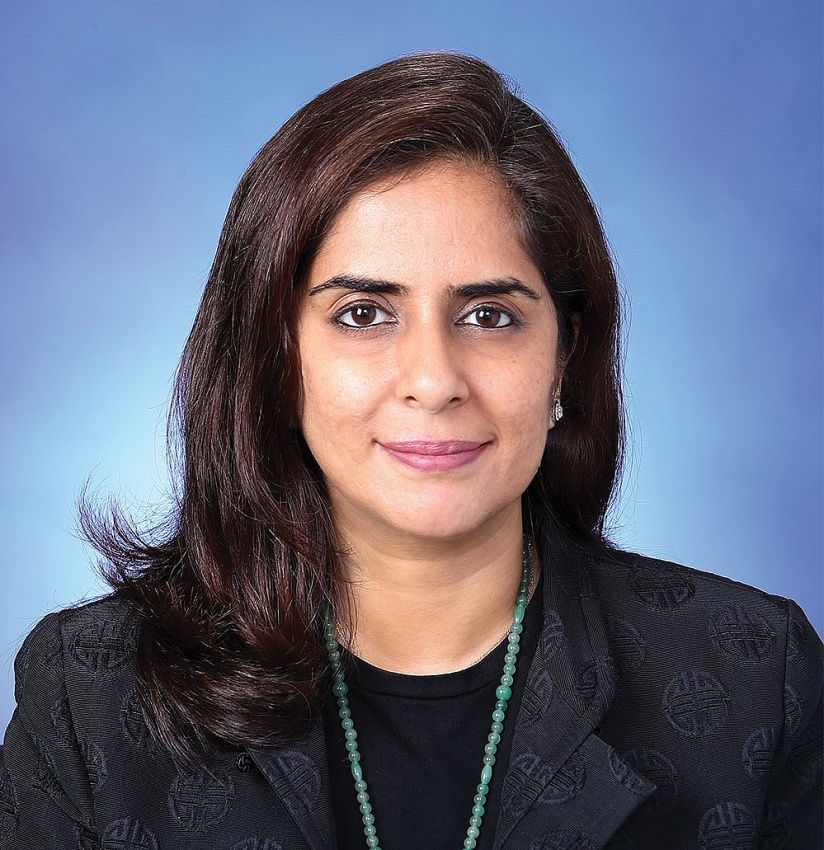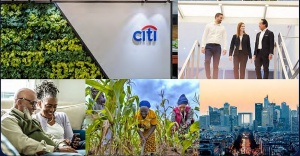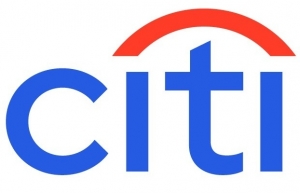Citi driving client business growth objectives in Asia
Could you tell us a little more about the role of the TTS business that has been described by the bank’s CEO as its crown jewel?
 |
| Kanika Thakur - Citi’s Asia-Pacific head of corporate, commercial, and public sector sales for Treasury and Trade Solutions (TTS) |
TTS is the critical backbone our clients use to access Citi’s global network and move money around the world. It supports approximately 18,000 corporates across 95 markets globally, with a wide range of solutions which help clients with end-to-end cash management and working capital needs by providing integrated payments processing, liquidity management, short-term financing, and trade finance solutions.
The TTS division generated over $12 billion in revenue in 2022 and continues to record strong revenue growth in 2023 which was up 15 per cent on-year at the end of the second quarter.
Why are Asian markets such as Vietnam particularly interesting at this time?
Asia-Pacific continues to be a key engine of global growth, coming from an increasing number of Asian companies that are going global at a record pace. The region’s fundamentals are strong, and there are significant untapped, new and emerging opportunities. Asia is growing faster than the rest of the world and Vietnam is growing even faster, and the market remains very interconnected with the rest of Asia and the West.
Asia is witnessing an acceleration towards a digital economy. As countries strengthen their digital infrastructure and embrace new technologies, entrepreneurial businesses are reinventing the way they conduct sales and commercial activities with their consumers.
We see this digital acceleration taking place in Vietnam too, where non-cash payment transactions have witnessed a significant surge in recent months, particularly QR code transactions. We have also witnessed an increasing shift towards trade digitalisation and modern financial services among our corporate clients.
Why has your position evolved to become a commerce enabler in Asia versus a bank serving corporates’ financial needs?
We are still heavily engaged in managing and executing traditional treasury services for corporates and play the role of a transaction bank where we collect, pay, lend, intermediate, and reconcile. But our role has evolved, as business models have changed and new forms of commerce have emerged, such as e-commerce, digital commerce, social commerce and so on.
Let me illustrate this better via an example. Take, for instance, a ride-hailing app. You book a ride on the app, your card is debited, and funds are sent to the driver. The driver has to receive those funds before confirming the ride, and then you receive a booking confirmation. This entire process happens in a few seconds on the front-end, but there’s a lot that goes into the back-end to deliver this seamless experience to a customer, which banks like Citi enable.
Real-time demand is changing how commerce is conducted, and that’s why we’re not a bank that’s just intermediating transactions; we’re a bank that’s enabling commerce.
Many of the local and international banks are innovating to meet the real-time demand. What is the competitive advantage for Citi in Vietnam and beyond?
Citi’s global network is the key differentiator, along with the uniformity of platform, services, and our client experience. When you add the cross-border element to the services companies provide, you expect the same experience whether you are in the US, Singapore, or Vietnam.
As a banking partner, Citi needs to be able to provide a similar experience to its corporate clients across the world, while accounting for differences in platforms, regulations. This is why our strategy is to be the pre-eminent bank for clients with cross-border needs.
Asia is quite different, market to market. The regulators, payment rails, clearing systems, currencies, unique identifiers, and even QR codes are different in every country. Nevertheless, our clients must make you feel that these are all the same, and as service providers we need to support that. There’s a lot that goes into creating the simplicity and uniformity of experience. From a cross-border perspective, we’re now enabling commerce more than ever.
How is Citi TTS supporting trade digitalisation in Vietnam?
Trade has always been the most paper-intensive part of business. There are reams of paper to go through with any transaction, and this can lead to long processing times and delays.
There are three key elements to trade digitalisation. Firstly, it is related to how we work with our clients; for instance, if they are able to submit their documents to us electronically. Next is in our own internal processes - for example, if we can conduct sanctions and other checks using AI and digital tools and save hours spent manually checking. Finally, we need to see if third-parties and partners can accept digitalised documents for tax, customs clearance, and other processes.
In Vietnam, we introduced CitiDirect BE Digital Onboarding for corporate clients, and now, the majority of account opening is digital. We also introduced the Document Centre, a new service digitising supporting documents and streamlining relevant processes required to facilitate cross-border payments for institutional clients.
With these digital capabilities, including electronic customs declaration processing and e-tax payments, we now provide an expanded suite of digital services to our corporate clients in Vietnam.
 | Citi releases annual ESG report for 2022 Citi has released its 2022 environmental, social, and governance (ESG) report, highlighting the company's progress and that of its foundation towards building more sustainable, diverse, and equitable communities around the world. |
 | FinanceAsia names Citi Best Sustainable Bank in Vietnam Citi has been recognised by FinanceAsia, the region's premier capital markets publication, for sustainability work in the country and commitment to partnering with clients. |
 | Citi forecasts positive growth trajectory for Vietnam in H2 Citi forecasts Vietnam's economy is expected to sail through the challenges and maintain a positive growth trajectory in the second half of 2023. |
What the stars mean:
★ Poor ★ ★ Promising ★★★ Good ★★★★ Very good ★★★★★ Exceptional
Related Contents
Latest News
More News
- Cashless payments hit 28 times GDP in 2025 (February 04, 2026 | 18:09)
- SSIAM and DBJ launch Japan Vietnam Capital Fund (February 04, 2026 | 15:57)
- Banks target stronger profits, credit growth in 2026 (February 04, 2026 | 15:43)
- Vietnam on path to investment-grade rating (February 03, 2026 | 13:07)
- Consumer finance sector posts sharp profit growth (February 03, 2026 | 13:05)
- Insurance market building the next chapter of protection (February 02, 2026 | 11:16)
- NAB Innovation Centre underscores Vietnam’s appeal for tech investment (January 30, 2026 | 11:16)
- Vietnam strengthens public debt management with World Bank and IMF (January 30, 2026 | 11:00)
- Corporate bond market poised for stronger growth cycle (January 28, 2026 | 17:13)
- Vietnam's IPO market on recovery trajectory (January 28, 2026 | 17:04)

 Tag:
Tag:




















 Mobile Version
Mobile Version